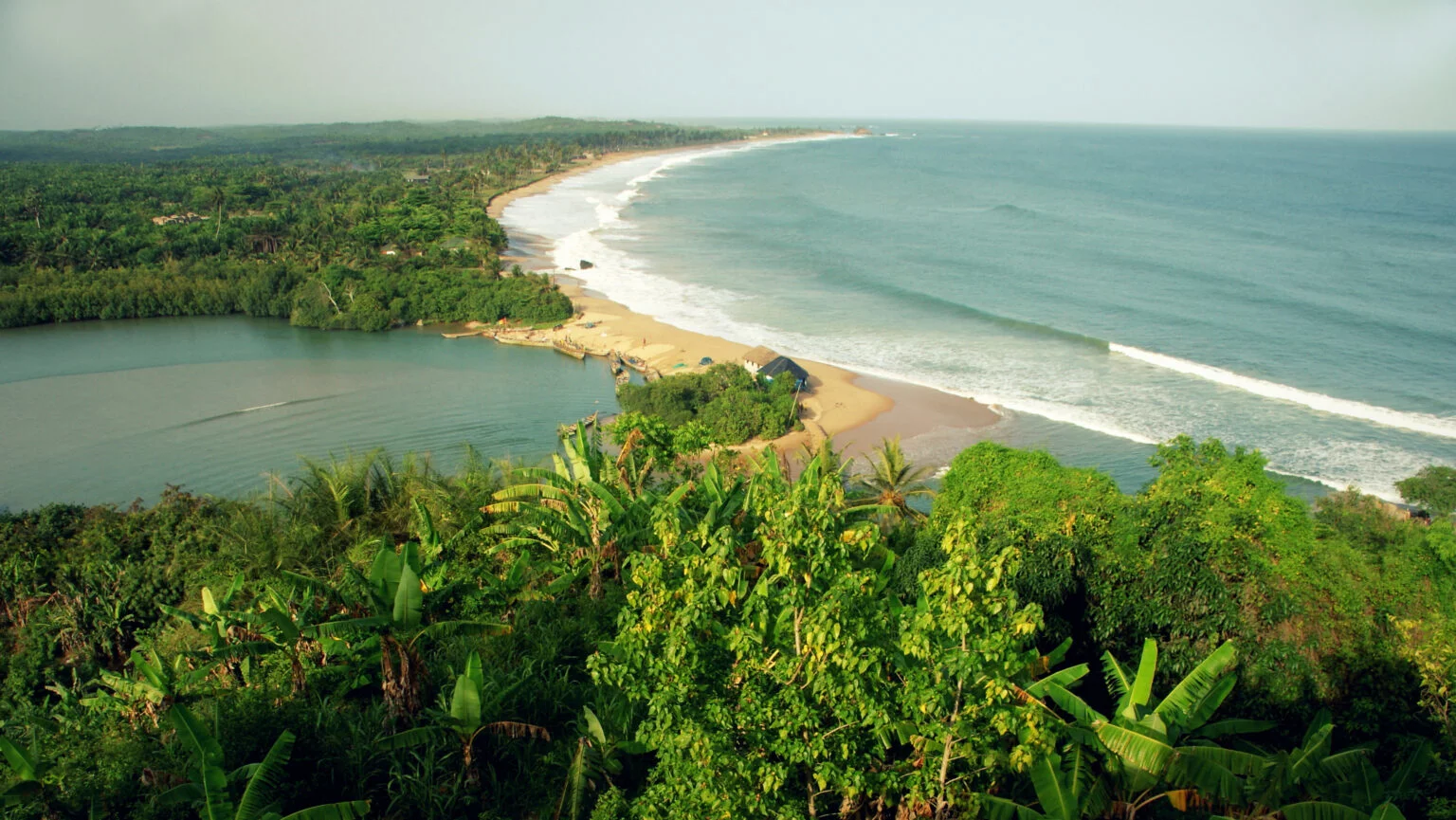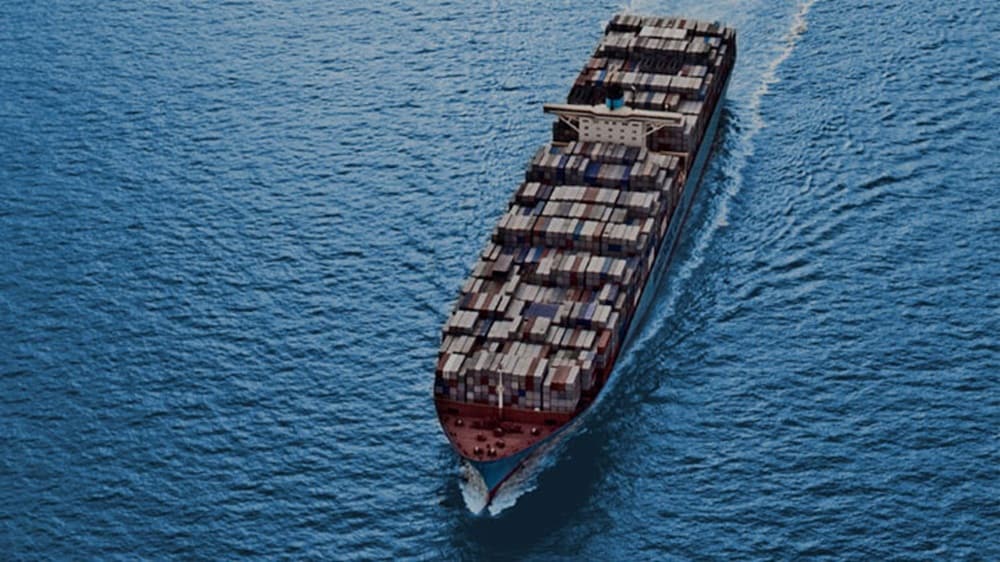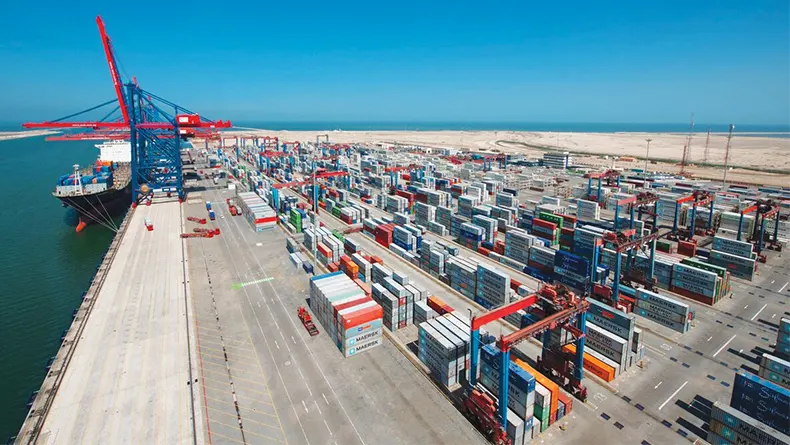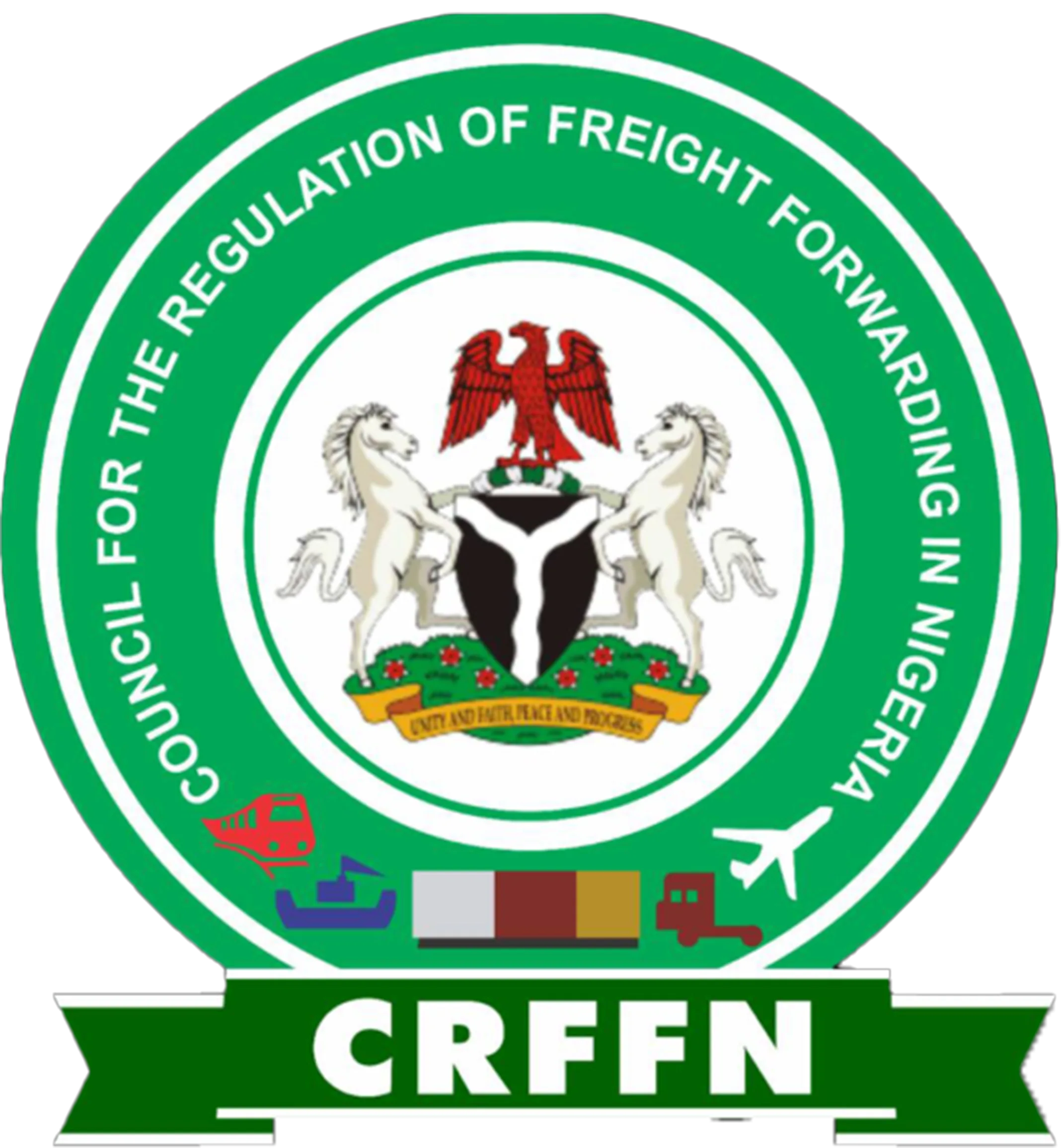Connecting Cape Verde across Africa and beyond
Providing you with seamless access to Cape Verde’s island markets, ensuring effortless import and export of goods.
The Cape Verde archipelago, located in the Atlantic Ocean off the coast of West Africa, presents unique logistical complexities for international trade. As an island nation, it relies heavily on efficient sea and air freight for its imports and exports.
Limark specializes in overcoming these geographical challenges. Our expertise in maritime and aviation logistics provides seamless cargo transportation to and from Cape Verde, ensuring vital connectivity for this island economy.
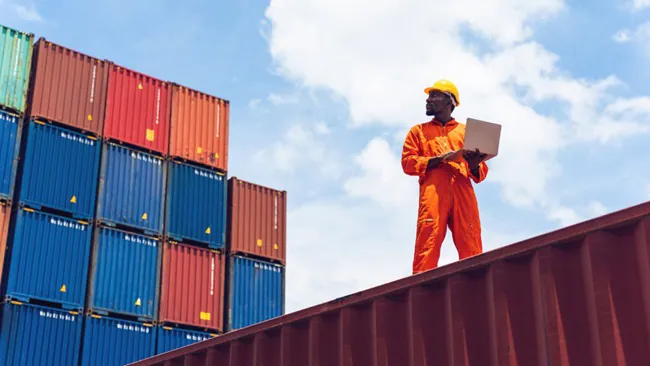
Import regulations
Importing goods to Cape Verde requires navigating specific procedures and documentation. Here’s a breakdown of the essential requirements:
Export regulations
Navigating the export process can be complex. Simplify the experience by getting up-to-date local information on procedures, restrictions, demurrage, detention, container pick-ups, and and more.

Expertise You Can Trust
Seamless cross-border Shipping to and from Cape Verde
At Limark, our commitment to maintaining the highest safety and regulatory compliance standards is unwavering. We ensure our esteemed clientele a seamless and trouble-free experience by adhering strictly to the essential guidelines and procedures.
Our operations are designed to meet the requirements set forth by local and international regulatory bodies, guaranteeing the integrity and security of your shipments in and out of Cape Verde. To support this commitment, our dedicated team of experts always offers guidance and assistance.
Get Expert Guidance
Contact our regional experts
Partner with experienced freight forwarders and customs brokers for seamless shipping to and from Cape Verde. Ensure full documentation compliance with the guidance and logistics services of our team.
